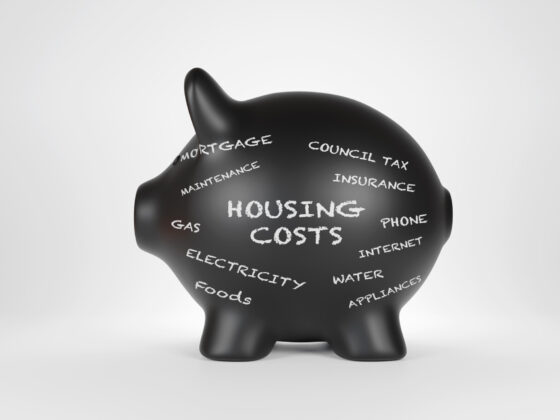Table of Contents Show
Once a year, there’s a special meeting for every co-op building: the annual shareholder’s meeting. Residents get to hear updates about building projects and financials and ask the board of directors, super, and management. A quorum of the shareholders must gather to discuss the ongoings of the building. These meetings can range from snore-fests to screaming matches, with few sitting in that middle ground.
If your annual shareholder’s meeting is just around the corner and you’re a new co-op owner or thinking of selling your co-op soon, you may be thinking, “what questions should I ask?”
We’ve compiled a list of 10 questions you can ask at your meeting. This will prepare you and help you understand what’s happening in your building. In the meantime, bring a pen, paper, and maybe a water bottle because these meetings can last a while.
What’s the average sale price per square foot in our building?What’s the average sale price per square foot in our building?
Understanding the average price per square foot is an excellent guide to understanding the value of your apartment if you’re about to list your co-op for sale. Multiply the average price per square foot of like-kind co-op units within your building over the past 12 months by your actual square footage; the sum will be a competitive listing price for your home. In addition, a good co-op will provide a list of recent sales in the building; by unit with the sale price and average price per square foot. Be sure to save this list and share it with your real estate agent and interested buyers if asked.
Will there be an assessment this year?Will there be an assessment this year?
Co-op assessments refer to the additional charges to maintenance that co-op owners pay for a specific, limited time to fund capital improvements to a building, such as renovating the lobby or fixing the heating or plumbing. If you’re considering selling your co-op, you’ll want to know this is coming and possibly negotiate with the buyer to pay some of this fee.
Is there any major construction planned in the next six months to a year?Is there any major construction planned in the next six months to a year?
A good co-op board will update the residents on construction and projects before you have to ask this. Understanding what projects are coming is critical because certain types of construction can hamper your ability to sell your apartment promptly.
When will this project be done?When will this project be done?
If any current construction or renovations is happening in your building, ask when the completion date is. Most construction projects run over, but asking the board and having it in the minutes will help hold them accountable to a reasonable deadline.
How much has maintenance increased in the past several years?How much has maintenance increased in the past several years?
If you’re new to the building, this question is for you. Understanding how much maintenance has increased by percentage over the past few years will help you know how much money you might spend on maintenance in the next few years.
Who is responsible for any damage done to my apartment during building construction?Who is responsible for any damage done to my apartment during building construction?
If massive building-wide construction happens and damage to your unit, like during a Local Law 11 project, you should ask who will cover the cost. It’s good to have this answer recorded in the meeting minutes to increase accountability and have it on record.
How much money is in the building’s reserve fund?How much money is in the building’s reserve fund?
This question is another good indicator of costs for you and other owners. If the building has a large reserve fund, they have extra cash to spend when there are any unexpected expenses. On the other hand, if the reserves are running low, you will likely be in for future assessments.
Can you walk us through any significant changes in the budget from this to last year?Can you walk us through any significant changes in the budget from this to last year?
As a co-op owner, you have the right to see the budget/financial statement and how much of your money goes to categories such as payroll, maintenance, the building’s mortgage, etc. Understanding the annual budget will better understand how funds are handled and possible areas the co-op could cut back.
Has the board asked experts to weigh the budget or assessment charges?Has the board asked experts to weigh the budget or assessment charges?
It’s important to remember that the board of directors at your co-op are your neighbors. These are likely regular people with routine full-time jobs. Even if they’ve been on the board for several years, they don’t have experience in real estate and budget management outside of this. Asking who the co-op board asked to help ensure the estimates in the budget; were correct will help avoid extra charges for you later on if they didn’t budget correctly.
Ask about anything that is bothering you.Ask about anything that is bothering you.
If there’s something you feel like the building is falling behind on, like maybe the garbage room isn’t being cleared out quickly enough, now is the time to ask. The board of directors, the Super, and the management company are all present to hear any questions you have.








